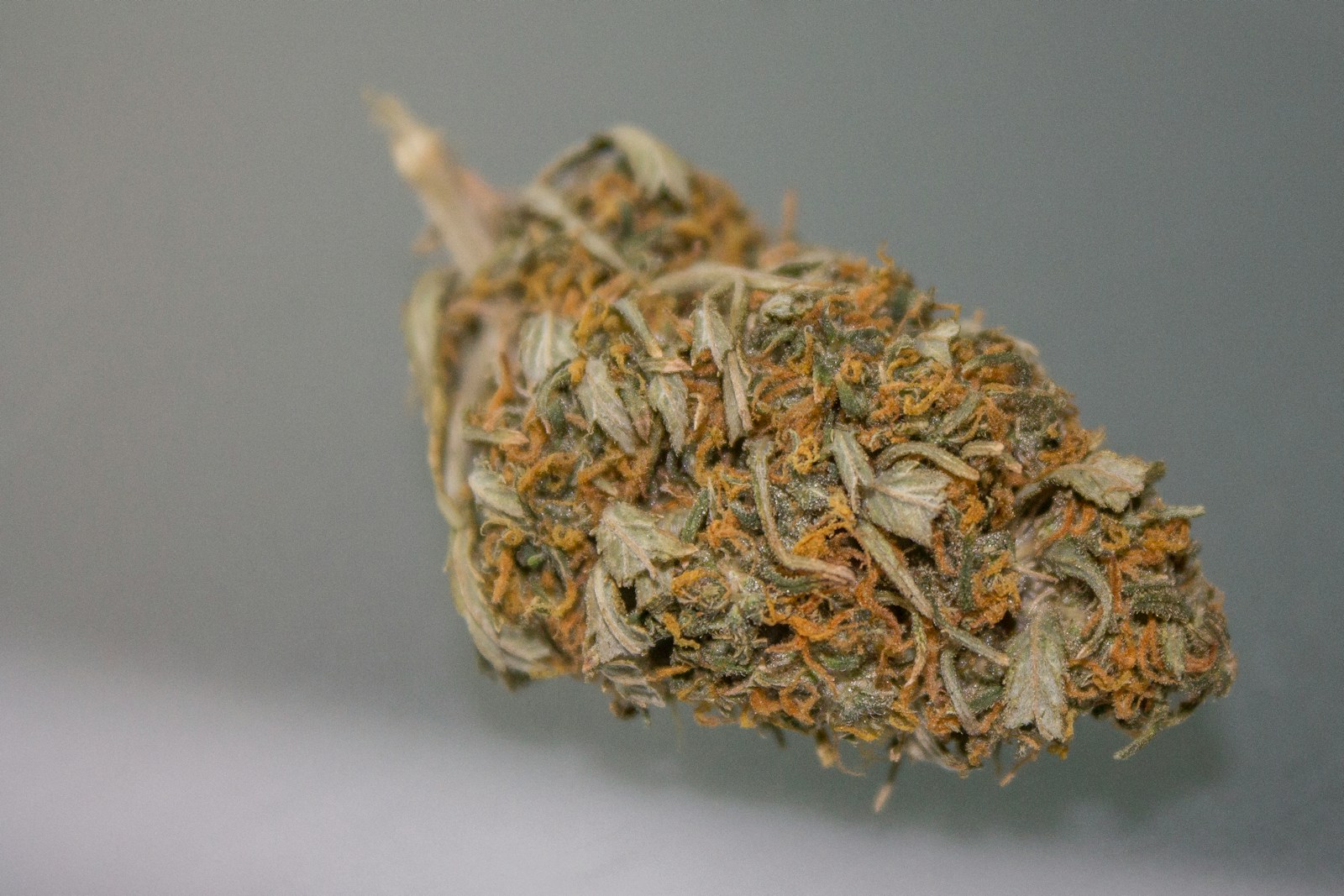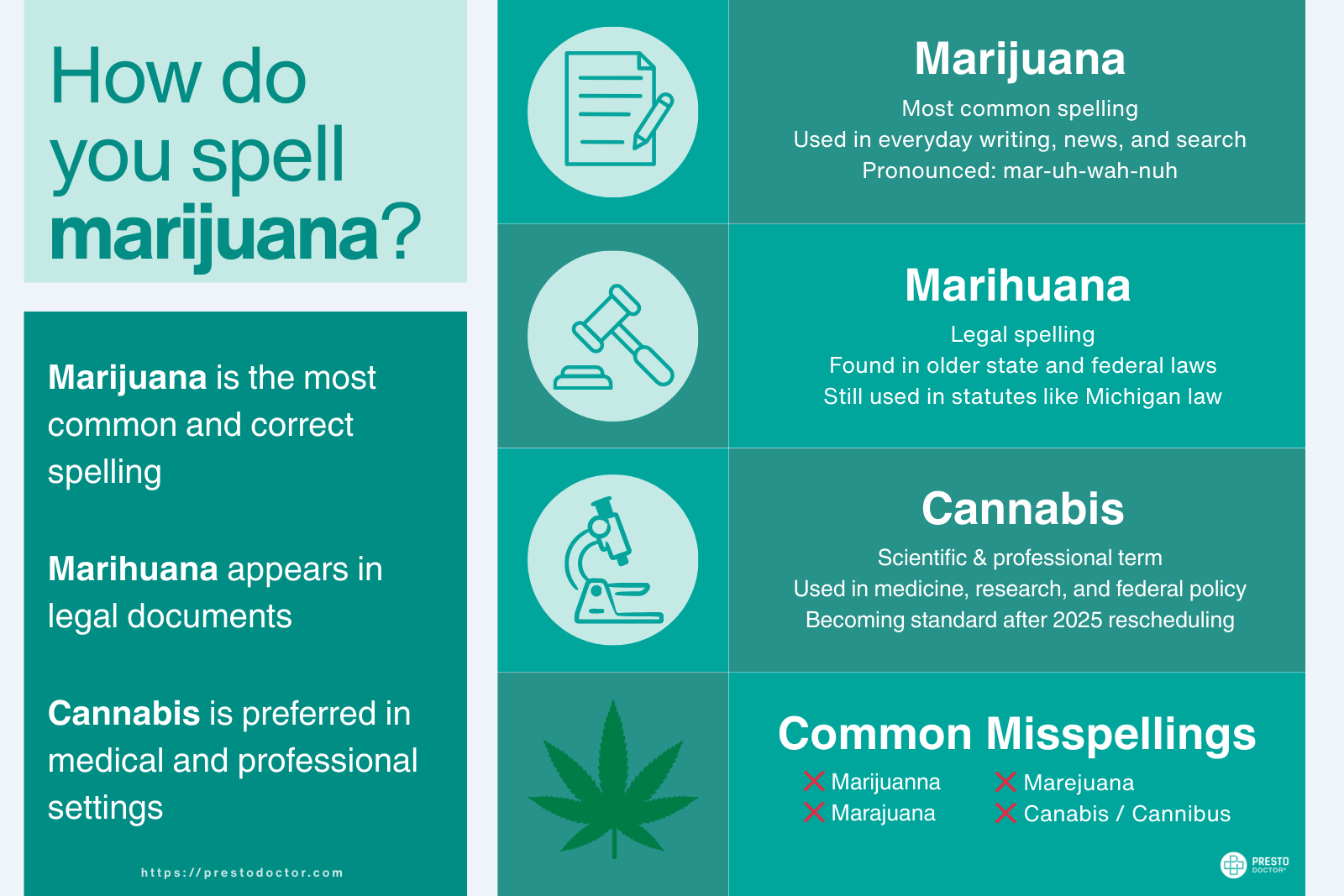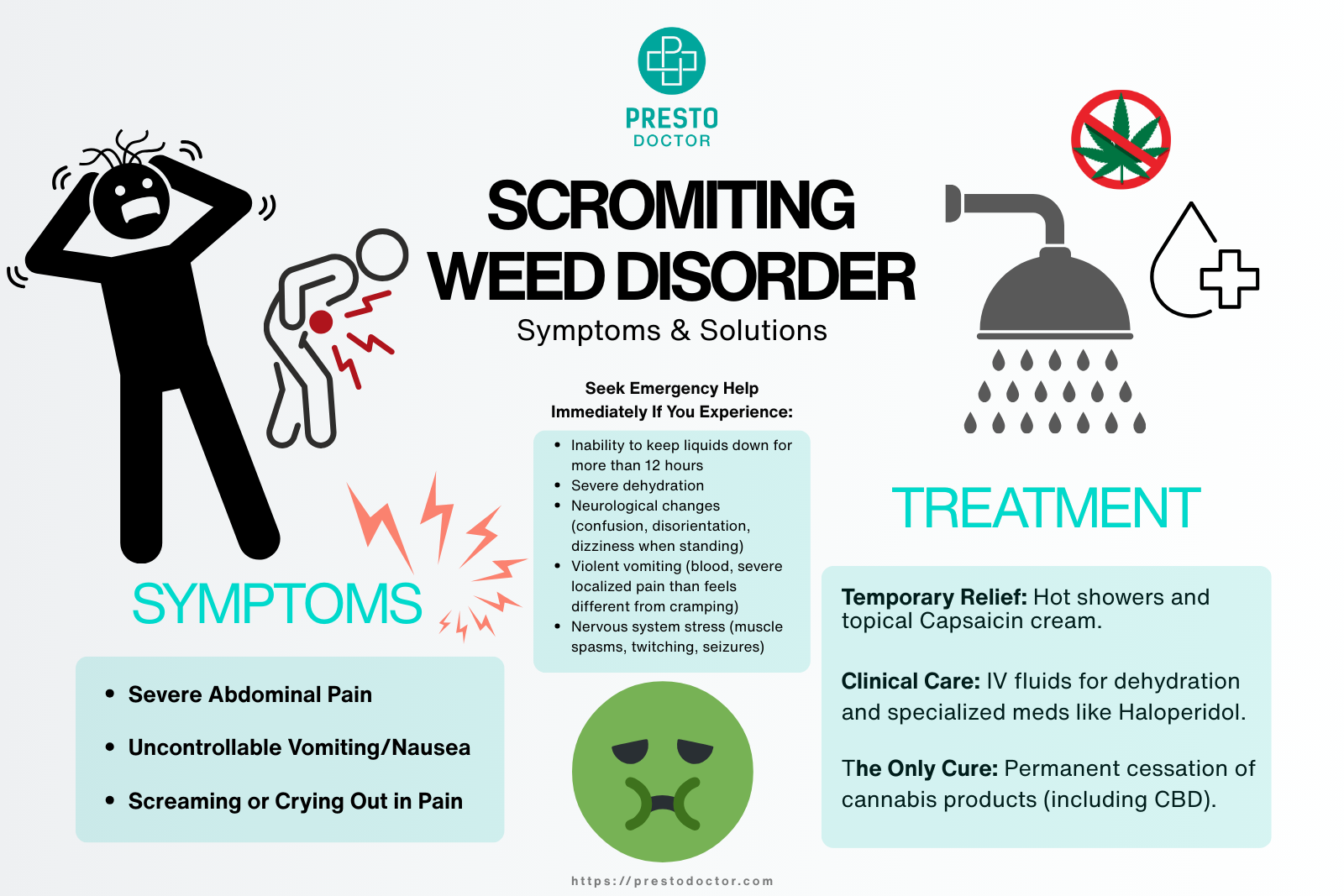
Cannabis Hyperemesis Syndrome (CHS)
Cannabis Hyperemesis Syndrome (CHS) is a medical condition characterized by severe vomiting, abdominal pain, and nausea. This syndrome predominantly affects individuals with long-term, heavy cannabis use. The diagnosis of CHS involves a clinical evaluation, a detailed history of cannabis use, and also the exclusion of other possible causes of the symptoms.
Symptoms and Diagnosis of CHS
Symptoms:
- Severe Vomiting: Persistent and severe vomiting is the hallmark symptom of CHS. This often occurs more than five times an hour.
- Abdominal Pain: Patients often report intense abdominal pain.
- Compulsive Hot Bathing: Many patients find temporary relief from symptoms through frequent hot showers or baths.
Diagnosis:
- Clinical Assessment: Healthcare providers assess the presenting symptoms and their severity.
- History of Cannabis Use: A thorough history of cannabis consumption is essential.
- Exclusion of Other Causes: Other potential causes of the symptoms must be ruled out, such as gastrointestinal disorders, infections, and metabolic imbalances.
- There is no single test for CHS, making it crucial to discuss your cannabis use with healthcare providers for an accurate diagnosis.
Causes and Triggers of CHS
Long term cannabis use can disrupt the body’s endocannabinoid system. The endocannabinoid system plays a crucial role in regulating various physiological processes, including appetite, pain sensation, mood, and also memory. This disruption may manifest in symptoms such as cyclic vomiting and abdominal pain.
Phases of CHS
- Prodromal Phase: Nausea and vomiting following long-term cannabis use, often leading to increased cannabis use to alleviate nausea.
- Hyperemetic Phase: Increased cannabis use triggers severe nausea, abdominal pain, and vomiting.
- Recovery Phase: Symptoms decrease and disappear once cannabis use stops, but they can return if cannabis use resumes.
Triggers Leading to CHS Development
- Excessive Use: Long-term and heavy cannabis use are primary triggers for CHS.
- High-Potency THC Strains: The use of cannabis strains with high levels of THC (tetrahydrocannabinol) may increase the risk of developing CHS.
Complications of CHS
- Potential for repeated emergency room visits.
- Dehydration leading to possible hospitalization.
- Electrolyte imbalances.
- “Scromiting” (screaming and vomiting).
- Permanent tooth enamel corrosion.
Rare Complications
- Muscle spasms or weakness.
- Seizures.
- Heart rhythm abnormalities.
- Kidney failure.
- Shock.
- Rarely, brain swelling (cerebral edema).
Treatment and Management of Cannabis Hyperemesis Syndrome
Cessation of Cannabis Use
The most effective treatment for Cannabis Hyperemesis Syndrome is the complete cessation of cannabis use. Abstaining from cannabis often leads to the resolution of symptoms. Symptoms almost always return if cannabis use is resumed.
Medical Interventions for CHS
- Antiemetic Medications: These medications help to specifically control nausea and vomiting.
- Intravenous Fluids: IV fluids are administered to manage dehydration as a result of severe vomiting.
Lifestyle Changes to Alleviate CHS Symptoms
- Avoiding Hot Showers or Baths: Although hot baths may provide temporary relief, avoiding them can prevent the compulsive behavior.
- Good Hygiene Practices: Maintaining good hygiene is important, especially if frequent vomiting occurs.
- Stress Reduction: Techniques such as yoga, meditation, and other relaxation practices can help manage stress levels and potentially alleviate symptoms.
Preventing Cannabis Hyperemesis Syndrome
Safer Cannabis Use
- Low Doses: Starting with low doses of cannabis and also avoiding heavy, frequent use can reduce the risk of developing CHS.
- Awareness of Symptoms: Being aware of the early signs of CHS enables timely medical intervention and then treatment.
Recognizing Early Signs of Cannabis Hyperemesis Syndrome
Early signs of CHS may include severe nausea, vomiting, and abdominal pain. Additionally, individuals experiencing these symptoms should consult a healthcare provider for proper diagnosis and management. Discussing cannabis use with healthcare providers is essential for accurate diagnosis and appropriate treatment.
Impact of CHS on Individuals and Public Health
Individuals with Cannabis Hyperemesis Syndrome may suffer from dehydration, malnutrition, and mental health impacts. Public health systems may face increased healthcare costs due to CHS-related hospital visits and treatments.
- Dehydration: Due to severe vomiting.
- Malnutrition: As a result from persistent nausea and vomiting.
- Mental Health: The chronic nature of the condition can lead to anxiety and depression.
Conclusion and Further Resources
Understanding Cannabis Hyperemesis Syndrome is crucial for proper diagnosis and management. Further resources like medical professionals and support groups can provide additional information and assistance.
Summary of CHS Key Points
In conclusion, CHS is a condition linked to chronic cannabis use, characterized by cyclic episodes of nausea, vomiting, and abdominal pain. Diagnosis involves ruling out other causes and also recognizing specific symptoms.
Additional Resources for More Information
For more information on Cannabis Hyperemesis Syndrome (CHS), individuals can refer to medical websites, research articles, or also consult healthcare professionals specializing in gastrointestinal disorders and cannabis-related health issues.






